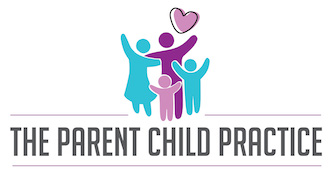As a clinician trained in School Psychology, I receive numerous phone calls from parents or adults interested in psychoeducational testing (learning disabilities testing). In fact, this is a great deal of the types of calls that I receive because of my professional background and training. During my conversations with callers, I am often asked, “What happens during testing?” This is an extremely common question for me and I get it. People feel a lot of anxiety when they don’t know what to expect. Therefore, I am always glad to answer that question. I hope that by writing this blog post I can answer this commonly asked question for anyone looking for information about what is involved in psychoeducational/learning disabilities testing.
How Individuals with Disabilities Are Losing Their Accommodations for High Stakes Graduate School Testing
There has been an upsurge in requests for testing accommodations and, as a result, testing agencies have had to establish clear procedures to address the ever-increasing volume of requests. The testing agencies are required to individually assess the disability documentation to determine the appropriateness of the accommodation requests. When disability documentation is insufficient or does not make a compelling case for why accommodations are still needed, then individuals will find that they no longer qualify for testing accommodations despite their previous diagnosis of a disability such as ADHD, dyslexia, etc.
Parents don't wait and allow this to be a statistic for your child
Parents don't wait and allow this to be a statistic (National Center for Learning Disabilities) that is true for your child.
Navigating the maze for college accommodations
When seeking services in college, students must provide documentation that they have a disability and need college disability services. A psychoeducational evaluation can can confirm the disability as accurate and a determination can be made about what types of college accommodations may be beneficial.



